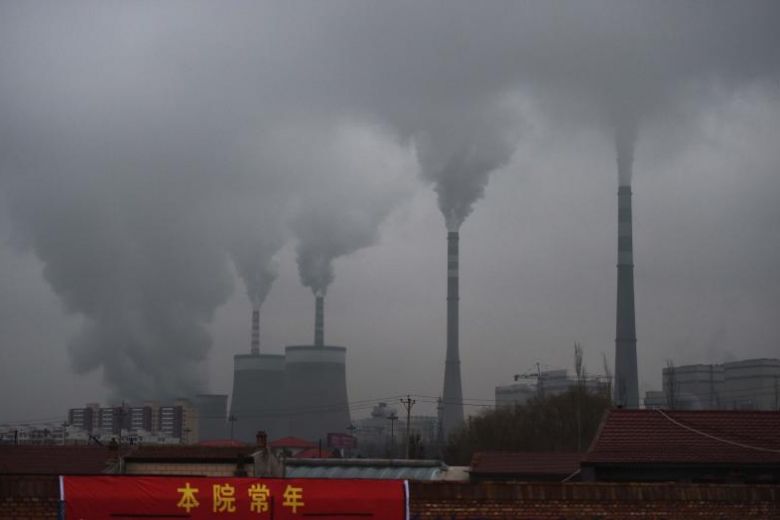Coal: Supplies Are High, Not So Demand

This has very little to do with our concerns for the environment, which is fortunate, since the people who call the shots in our civilization seem to have few if any. Rather, it comes from cost issues, about which these people have extremely grave concerns.
The abundance of natural gas and competition from renewable energy is in the process of burying coal, a move that can’t come soon enough for those of us with lungs.

Craig,
Why do you persist in this bizarre and untruthful attack on the coal industry?
Your reasoning, (if it can be called reasoning, seems to be based on two premise;
1) Natural gas will always remain cheap and plentiful forever!
2) Coal fired plants have no advanced in technology in 60 years.
The first claim would seem to defy logic while the second is just a barefaced lie!
Why bother? If Natural gas does indeed remain cheap and plentiful forever, than why are you concerned?
Since new Coal fired technology is even more environmentally beneficial than solar or NG, and old obsolete plants can’t last forever, why are you concerned ?
What’s with all the indignation and outrage?
I notice you are very quiet about the retraction of the once influential paper:
‘Quantification of ocean heat uptake from changes in atmospheric O2 and CO2 composition’
The information, findings and data contained within this series of papers, dating from 2009 to 2018 claiming the oceans are warming much faster than predicted by previous models of climate change, has been the basis for many climate models and a great deal of advocacy.
Last month, despite a bitter dispute, it was agreed the analysis was flawed, maybe fraudulently.
One of the original authors, Ralph Keeling, of the Scripps Institution of Oceanography in La Jolla, Calif., admitted the flaws but was adamant the errors were unintentional.
There is no reason to disbelieve Dr Keeling, who has built a solid boy of research.
What is less understandable is why, despite knowing of the flaws, the IPCC went ahead and relied on these studies as the basis for their latest report.
It would appear you have more in common with your IPCC idols than you think !